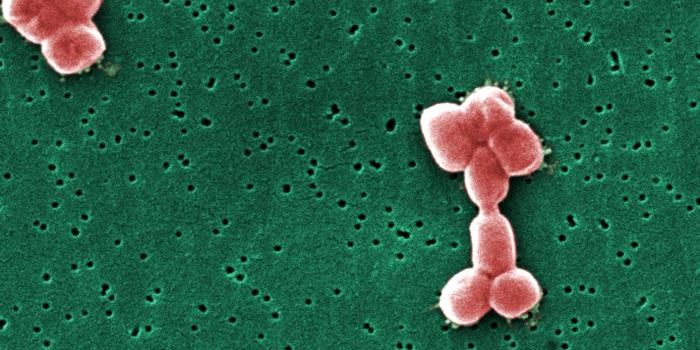Bowel movements, while not usually a favorite topic of conversation, can be a great way to know more about what’s happening inside your body. Gastroenterologists say that there is not an ideal poop, but instead everyone’s GI tract is unique to them and has its own characteristics.
Many factors influence the bowels, from genetics and health issues to medications and hydration. Consistency is what individuals should look for, not a specific perfect stool. A short-term change in bowel movements because of food that doesn’t agree with you isn’t a problem if it returns to normal after a few days. Longer changes may be of greater concern.
Some signs of bowel trouble are discussed in the video above, which also talks about what various types of poop can tell you about your health. For example, small stools like pebbles indicate constipation. Long bouts of diarrhea or constipation might be a sign of bigger health issues. Normal stool color can range from yellows and greens to browns, but black or red stool can be indicative of a health problem and in that case, people might need to discuss it with their doctor.
Simply following a good diet can often treat minor gastrointestinal issues. Doctors recommend eating unprocessed, natural foods that can help you avoid artificial sweeteners and chemical preservatives. Be careful not to ingest too much caffeine, and give the microbial community in your gut a boost by adding naturally fermented foods like sauerkraut, pickles, or kefir to your diet. Stay hydrated with at least two quarts of water a day and get regular exercise, which is not only good for health in itself but can also relieve stress.
Some foods are known to be bad for digestion as well. Fried foods that are high in fat can cause diarrhea and they are best avoided. Beans and cruciferous veggies like broccoli and cabbage contain sugars that are difficult to metabolize and can result in cramps and gas. Fructose and artificial sweeteners, spicy foods, and dairy products are all other culprits that can disrupt the guts. The short video above explains a little about the best foods to choose for good digestive health.
Using proper form when you have a bowel movement might be better for us all too. Sitting on a toilet is actually not the natural way to evacuate the bowels and can cause all sorts of distress; it’s likely that many people are getting hemorrhoids, constipation and bloating from pooping in the sitting position. Squatting instead, as shown in the video above, is the far better position to be in when you need to take care of business.
Sources:
WebMD,
Everyday Health


![Everything You Need To Know About NGS [eBook]](https://d3bkbkx82g74b8.cloudfront.net/eyJidWNrZXQiOiJsYWJyb290cy1pbWFnZXMiLCJrZXkiOiJjb250ZW50X2FydGljbGVfcHJvZmlsZV9pbWFnZV9mNTM1ZjIyYzA5MDE5ZmNmMWU5NmI0ZDc4NWU2MzdiZTZlN2I5ZDk5XzE4NDUuanBnIiwiZWRpdHMiOnsidG9Gb3JtYXQiOiJqcGciLCJyZXNpemUiOnsid2lkdGgiOjcwMCwiaGVpZ2h0IjozNTAsImZpdCI6ImNvdmVyIiwicG9zaXRpb24iOiJjZW50ZXIiLCJiYWNrZ3JvdW5kIjoiI2ZmZiJ9LCJmbGF0dGVuIjp7ImJhY2tncm91bmQiOiIjZmZmIn19fQ==)





